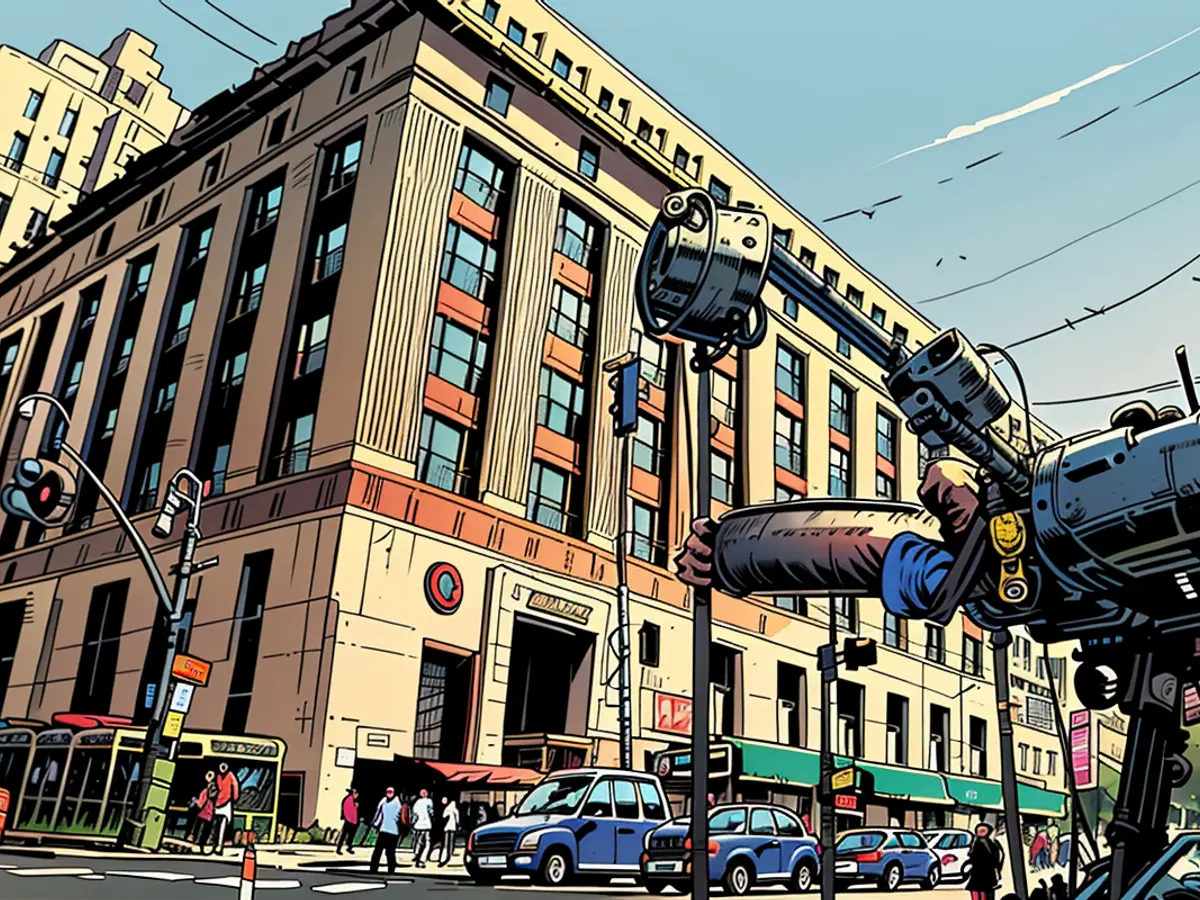Lawsuit filed by music industry against AI-driven record companies
The music business is taking two new businesses, Suno and Udio, to court for crafting melodies using AI. The American record industry association, RIAA, is leveling charges against these companies for educating their AI technology on copyrighted music without authorization. RIAA is requesting anywhere from $150,000 to $150,000 per infringement case, which could add up to a hefty sum.
At Suno and Udio, users can generate tunes using text prompts from their computers. For instance, they can produce a rock track about a canine taking a stroll on the beach with a sick guitar solo. The software requires mere seconds to do this.
AI programs need a significant amount of data to learn initially. RIAA accuses these two firms, on behalf of the major labels, of employing their tunes for this purpose. According to the suit filed on Monday, the music produced by the start-ups can bear a striking resemblance to chart-topping hits from music legends.
Udio allegedly refutes the lawsuit by claiming that such use of songs falls under the "Fair-Use" clause of copyright law. RIAA disputes this claim. Mikey Shulman, CEO of Suno, told Bloomberg Finance in an interview that the software should create new music, not replicate old tracks.
Tensions also boil between AI start-ups and some media organizations and authors. They're suing because their works were reportedly employed without permission. In contrast, media powerhouses like the "Financial Times" or newspapers owned by media tycoon Rupert Murdoch are demanding licensing fees from developer companies like OpenAI in exchange for access to their archives for AI education.
Read also:
Despite the lawsuit, AI start-ups continue to generate music using AI algorithms, often requiring only seconds to produce a song based on user prompts. This has led to accusations of using copyrighted songs for training purposes by the music industry, with companies like Suno and Udio denying these claims under the "Fair-Use" clause.








